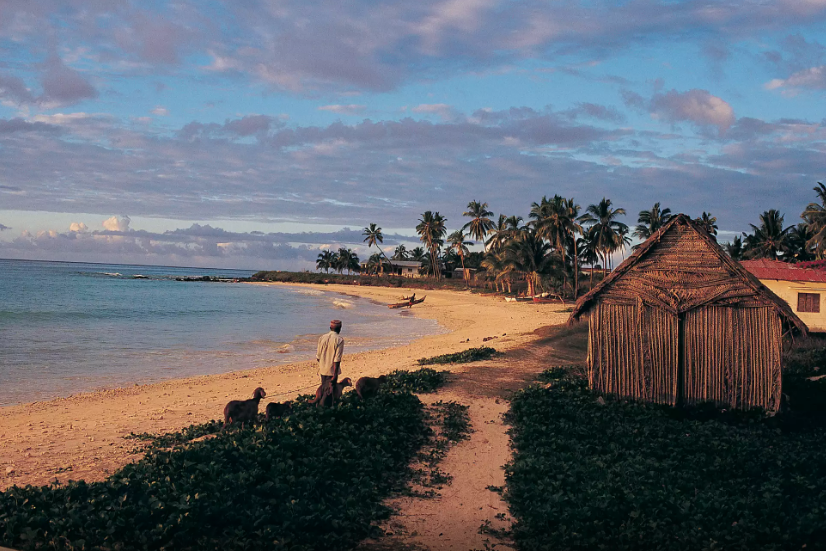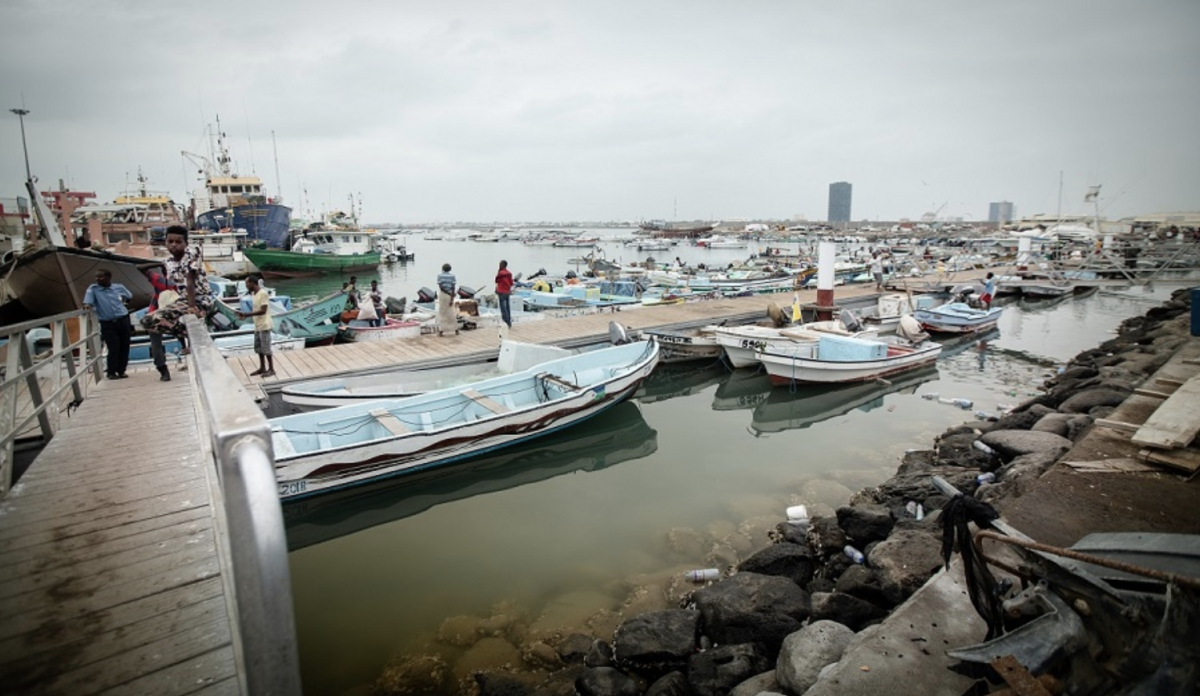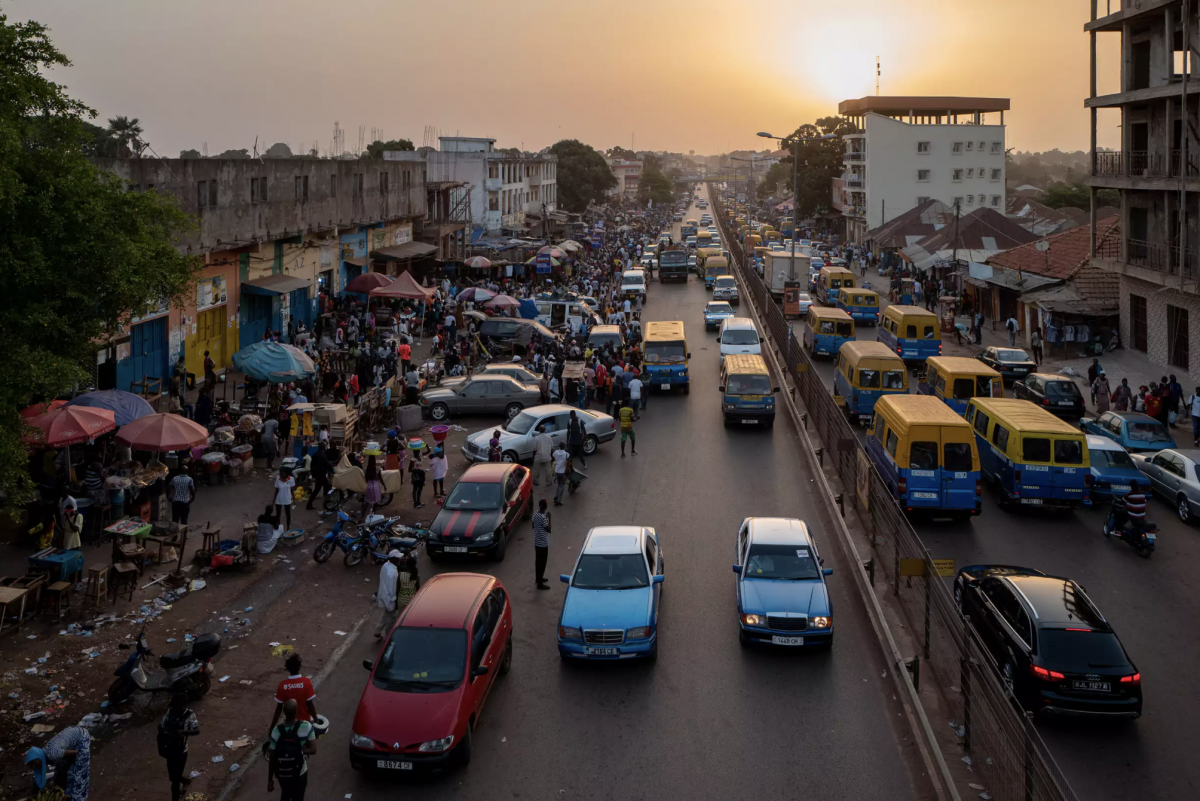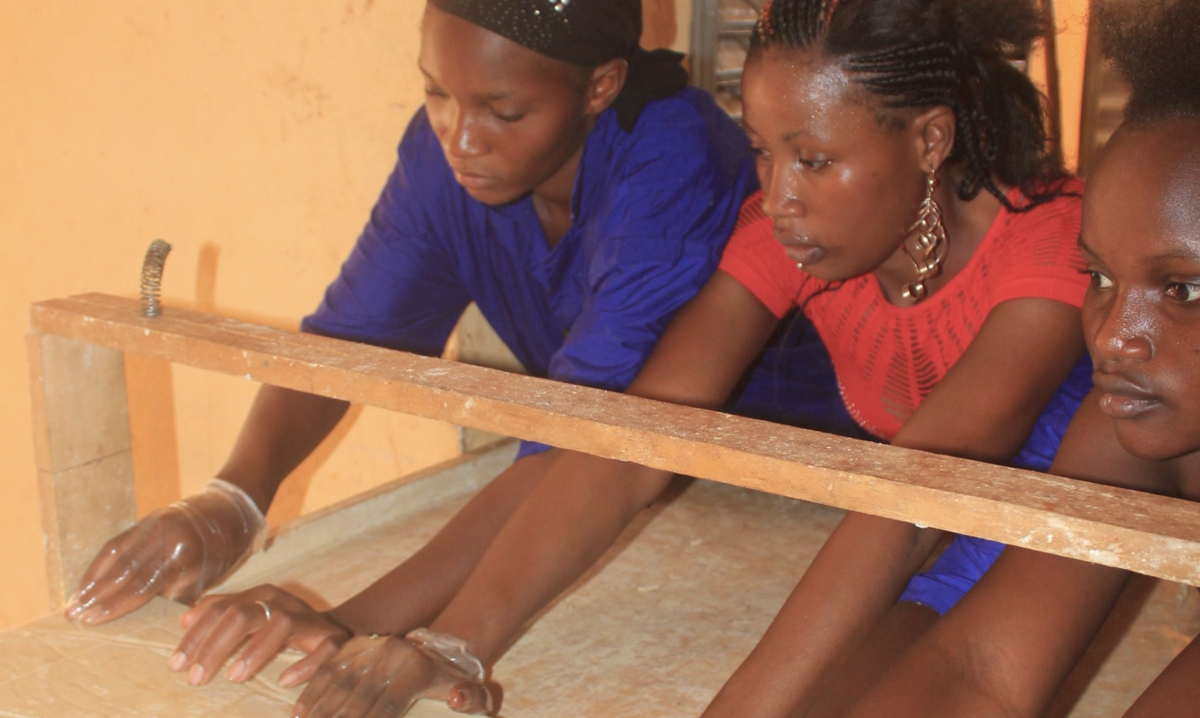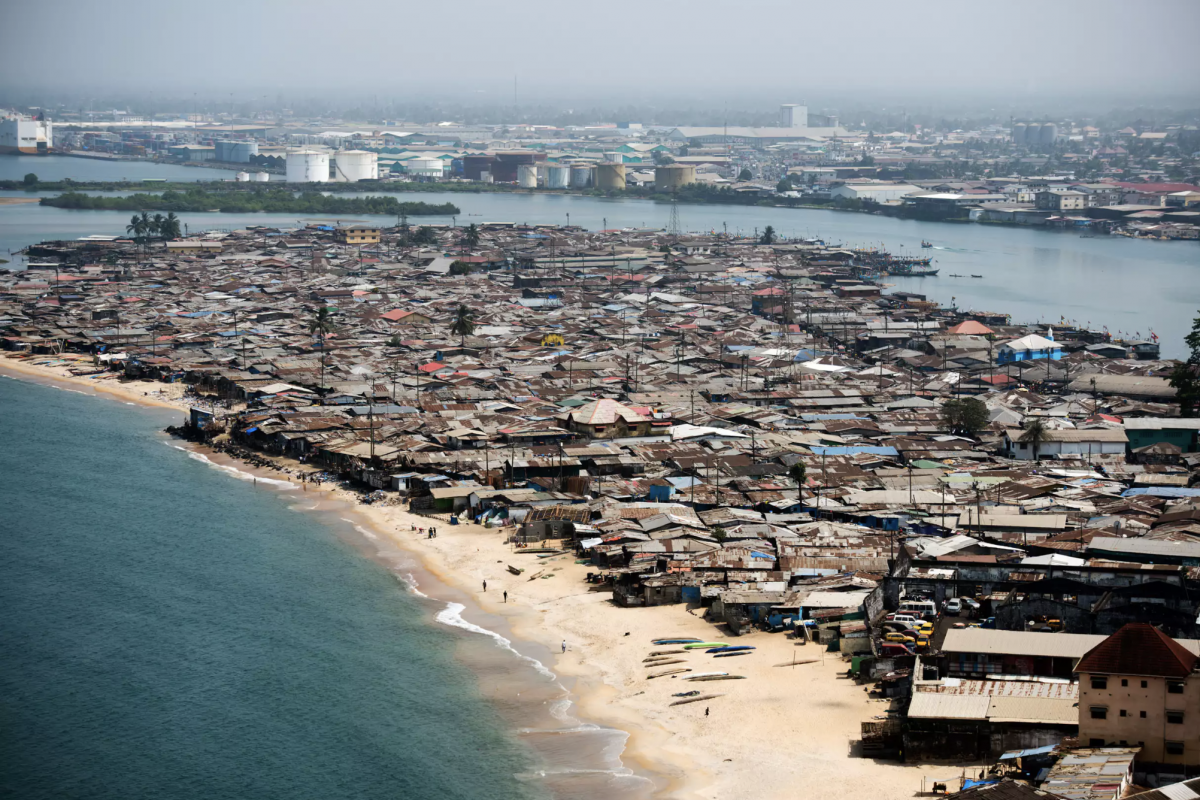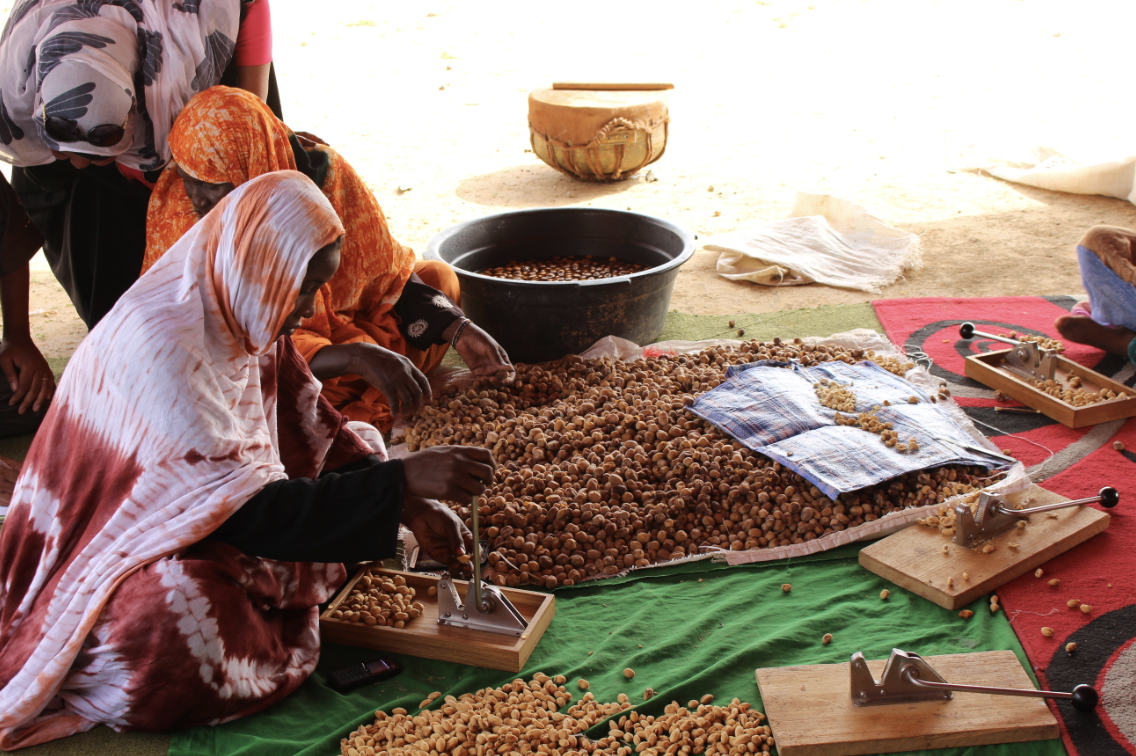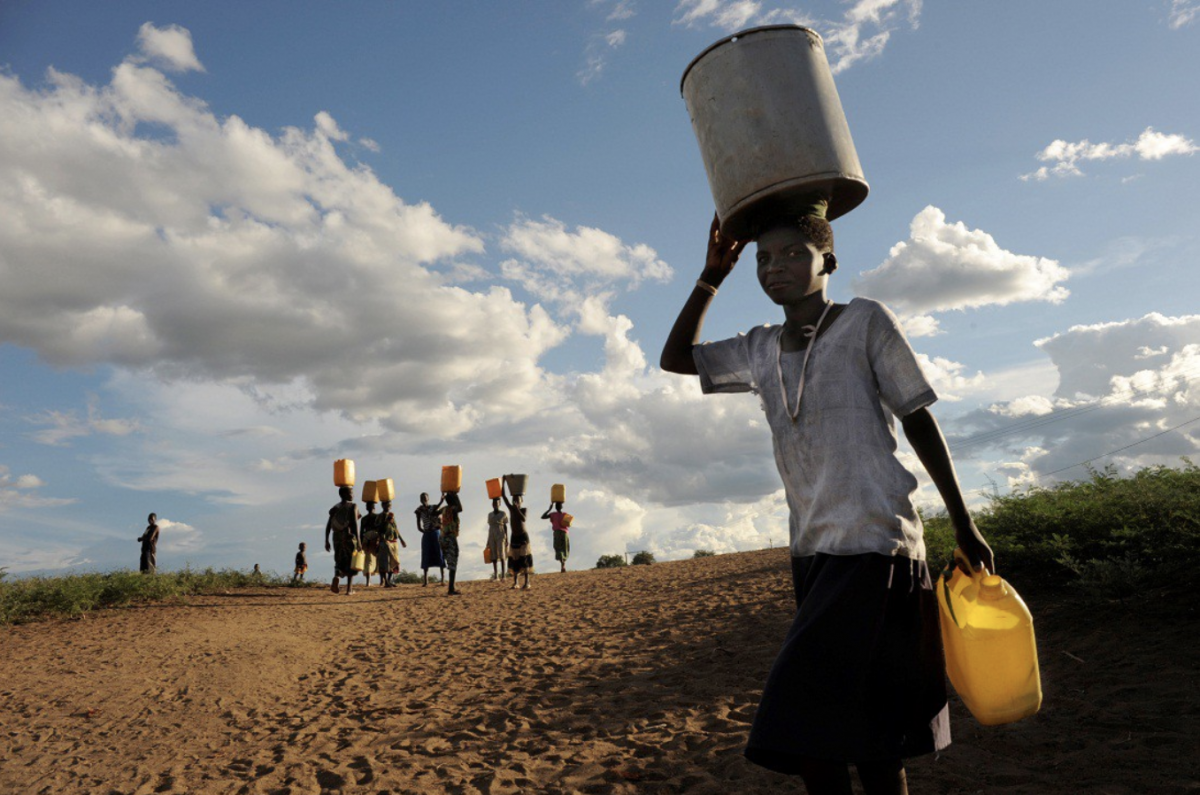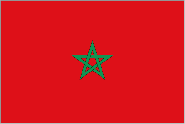Supporting Morocco to advance their NAP process
Project Overview
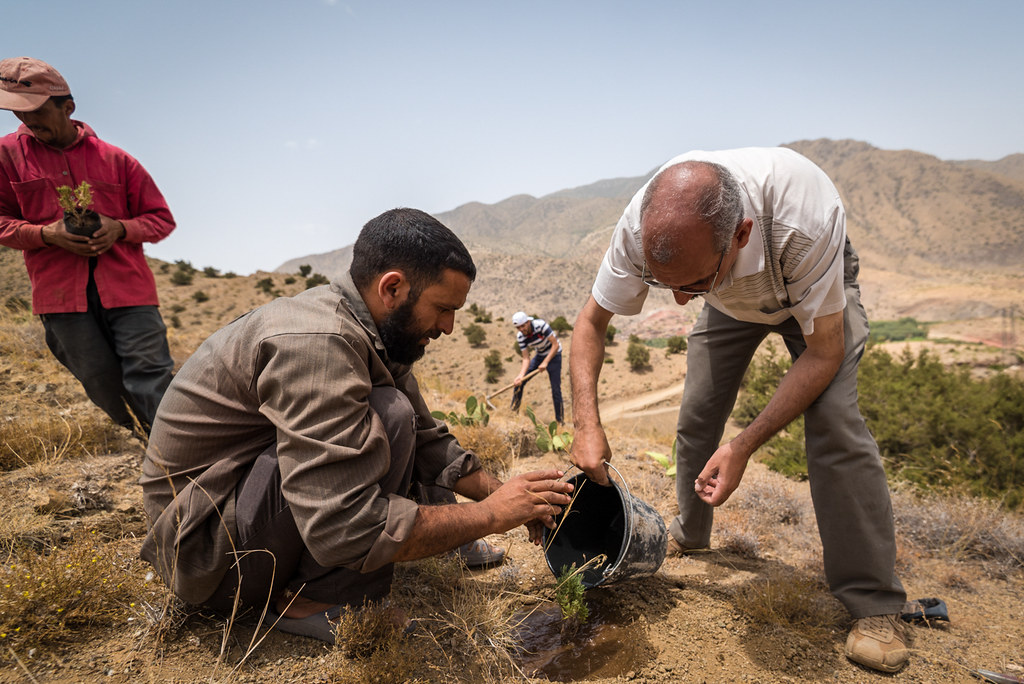
Country background, Sustainable Development Goals and Paris Agreement
Morocco is situated in the north west of the continent of Africa. The territory extends over 710,850 km2 and the coastline covers 2900km on the Atlantic Ocean, as well as 512 km of coastline on the Mediterranean Sea. The Moroccan population is approximately 33.8 million people. Sixty percent of the Moroccan population, and the majority of the country’s economic activities, are located in coastal zones. Forty-two percent of the Moroccan coastline will be at high risk of erosion and floods by 2030. Another major climate risk for Morocco is the impact of climate change on already limited and declining water resources. Water resources are projected to decline due to an increase in drought conditions. Future climate trends in Morocco include rising temperatures of 1–1.5°C by 2050 (rate of warming faster in the interior) and a decrease in average precipitation by 10–20 percent across the country, and 30 percent decrease for the Saharan region by 2100.
Morocco has developed several overarching policies and high-level documents that promote and enable climate resilient development. Morocco has submitted three national communications to the UNFCCC (2001, 2010 and 2016). The Third National Communication (2016) includes a summary of the most recent climate projections and studies. Morocco has carried out various studies to assess climate change impacts and vulnerabilities at the national level. This includes state-of-the-art GIS-based catastrophe risk modeling, and the Morocco Natural Hazards Probabilistic Risk Assessment, which allows for an analysis for risks of earthquake, flood, tsunami, drought and landslide across Morocco.
In 2014, Morocco developed its National Climate Change Policy (MCCP) as a coordination tool of the various measures and initiatives on climate change. It provides an operational framework for the development of a medium and long-term strategy, with a vision for 2040. In 2015, Morocco submitted its Intended Nationally Determined Contribution (INDC), which is based on the NSSD, and outlines a vision of Morocco for 2030. Regarding adaptation, Morocco intends to implement a sectoral approach, adapted to its varied natural conditions. The INDC sets several quantified sectoral goals for 2020 and 2030, which focus primarily on the water sector. In 2016, Morocco submitted its first Nationally Determined Contribution (NDC), which sets new objectives for 2020 and 2030 for agriculture, fisheries and aquaculture, in addition to refining the objectives set by the INDC for water. In the NDC, Morocco estimates that the cost of implementation of adaptation projects between 2020 and 2030 for the water, forestry and agriculture sectors. The existing institutional framework in Morocco was built gradually to meet the requirements of the UNFCCC. Morocco’s National Committee for Climate Change was established in 2007 and oversees all climate-related activities. Morocco is addressing the 2030 development agenda and the Sustainable Development Goals, in relation to the country’s National Adaptation Plan.
How has the NAP-GSP supported to date?
| Support with the NAP roadmap and the identification of adaptation investment priorities |
Morocco has started its national adaptation planning process since 2015 and developed a detailed roadmap for its national adaptation plan. The NAP roadmap was highly consultative and involved a dialogue process the resulted in 10 national and regional workshops. The consultative process highlighted key gaps to be addressed, in particular with regard to the governance and coordination arrangements for climate adaptation planning, the identification and appraisal of adaptation investment priorities, the integration of adaptation considerations into budgeting systems, and the engagement with the private sector. |
|
Production of a Stocktaking Report to identify entry points for the NAP process
|
Based on a stocktaking mission, a Stocktaking Report was produced in consultation with all key stakeholders. This preliminary work aimed at identifying the main actors and stakeholders in adaptation through a stakeholder analysis. This activity facilitated the analysis of the current institutional framework and capacity and outlined the best options for a governance structure and institutional coordination mechanisms in the Moroccan context.
|
|
Helped build capacity and facilitated access to additional climate finance
|
A NAP readiness proposal for the GCF was formulated and submitted to the GCF in December 2018, to “Supporting the foundations for sustainable adaptation planning and financing in Morocco”. The project has a strong focus on enhancing regional and local capacities for adaptation planning and financing. This GCF NAP readiness support project will achieve this objective through strengthening institutional framework for adaptation planning and awareness at the national and regional level. The second outcome focuses on regional adaptation plans (Territorial Plans against Global Warming) and sustainable financing strategies formulated for three vulnerable regions in Morocco. Thirdly, the project aims to strengthen the foundations for sustainable engagement of the private sector in finance for adaptation. The work undertaken through the GCF NAP project will be highly complementary and will be implemented in close collaboration with the readiness and preparatory support project, managed by the Agency for Agricultural Development (ADA), a GCF national accredited entity.
|
News
Integrating climate change adaptation in development planning in Morocco - 27 September 2017 – What is the process to formulate and implement National Adaptation Plans (NAPs)? How can it be used to reduce Morocco’s vulnerability to climate change and integrate climate change adaptation into ongoing development planning processes?
Establishment of the “Morocco Global Compact Network” - 5 March 2018 - The Morocco Global Compact Network aims to position Moroccan companies in the international and regional networks of the United Nations Global Compact. It will allow the exchange of experiences and the promotion of good practices from the Moroccan private sector in terms of social responsibility and efforts made to achieve the Sustainable Development Goals.




